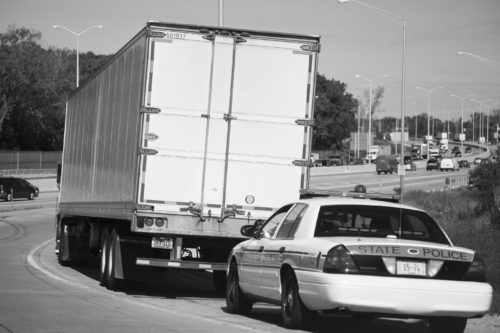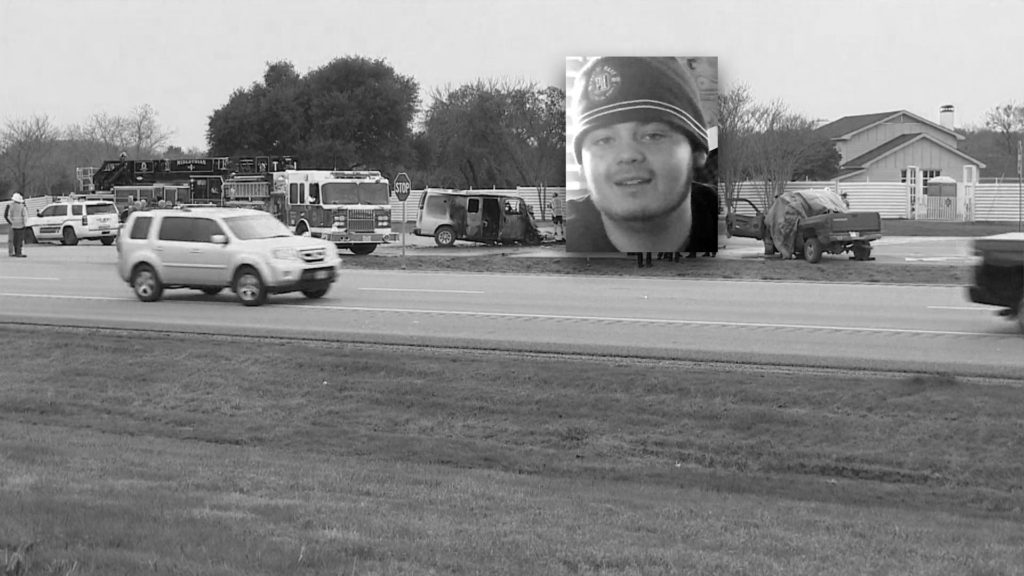DALLAS — Police chases sometimes end tragically.
In 2005, 21-year-old Guillermo Mendoza, an innocent bystander, was killed when Dallas police officers were chasing a drug suspect and crashed.
Mendoza’s brother told News 8 at the time his brother died for no reason.
“This time, it was my brother,” he said. “Next time, maybe someone else.”
Mendoza’s case was one of the reasons then-police chief David Kunkle changed the pursuit policy in 2006. He made it one of the most restrictive policies in the nation, allowing officers to only chase violent felons.
DISD Police Chief Craig Miller was with DPD at the time.
“It gets back to, is what they have done wrong enough to put our lives and citizens lives and that person’s life in jeopardy to pursue them?” Miller said.
In 2005, the year before DPD changed its policy, there were 354 chases — almost one a day. Twenty-one officers and 21 civilians were injured in the pursuits.
Since then, chase numbers have dropped dramatically and there has only been one person killed in a pursuit since the change.
“As police officers, we are issued weapons and we have bullets in them and we use them in situations where we are put in a position to use deadly force,” Miller said. “A vehicle is no less deadly in an incident that causes harm to someone.”
Yet, many law enforcement agencies won’t change their policies, under pressure from officers who believe not chasing lets bad guys go free.
Chief Miller adopted the Dallas police chase policy at DISD. He says the risk of catching minor offenders isn’t worth the risk to public safety.
Yesterday, Mesquite police chased after suspects accused of credit card fraud at a hotel. Those suspects then crashed into a school bus full of elementary students.
Luckily, no children were hurt.
Mesquite Police Chief Charles Cato did not return our phone calls or messages Friday. We wanted to ask him if he would take a look at changing the department’s policy to match the Dallas Police Department’s.
Copyright 2016 WFAA





